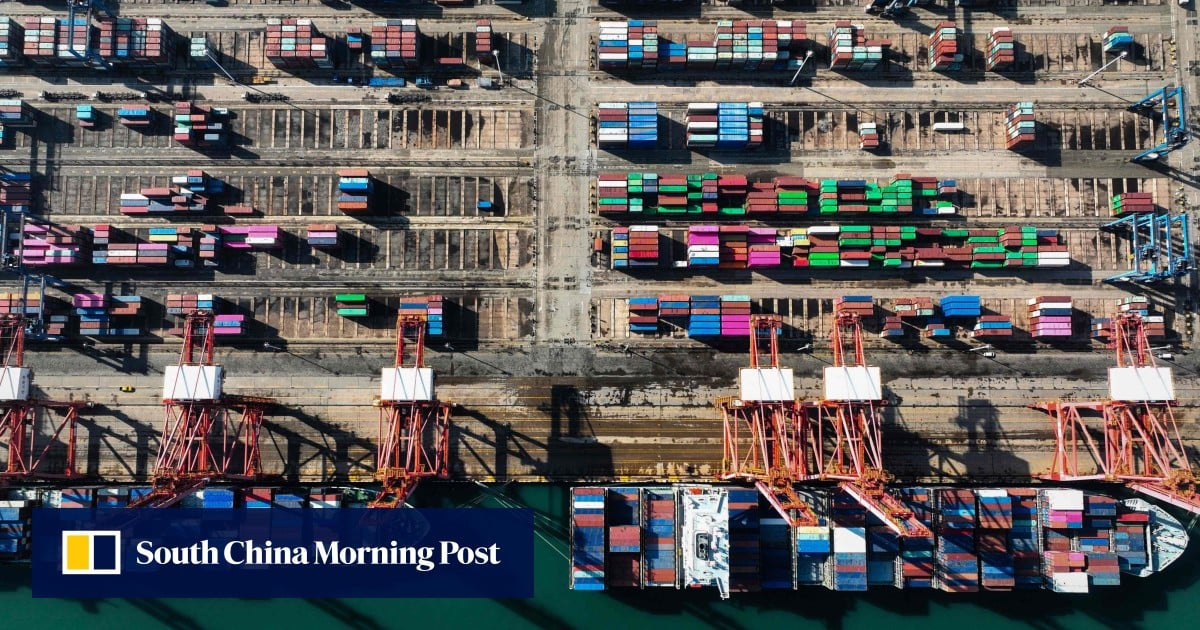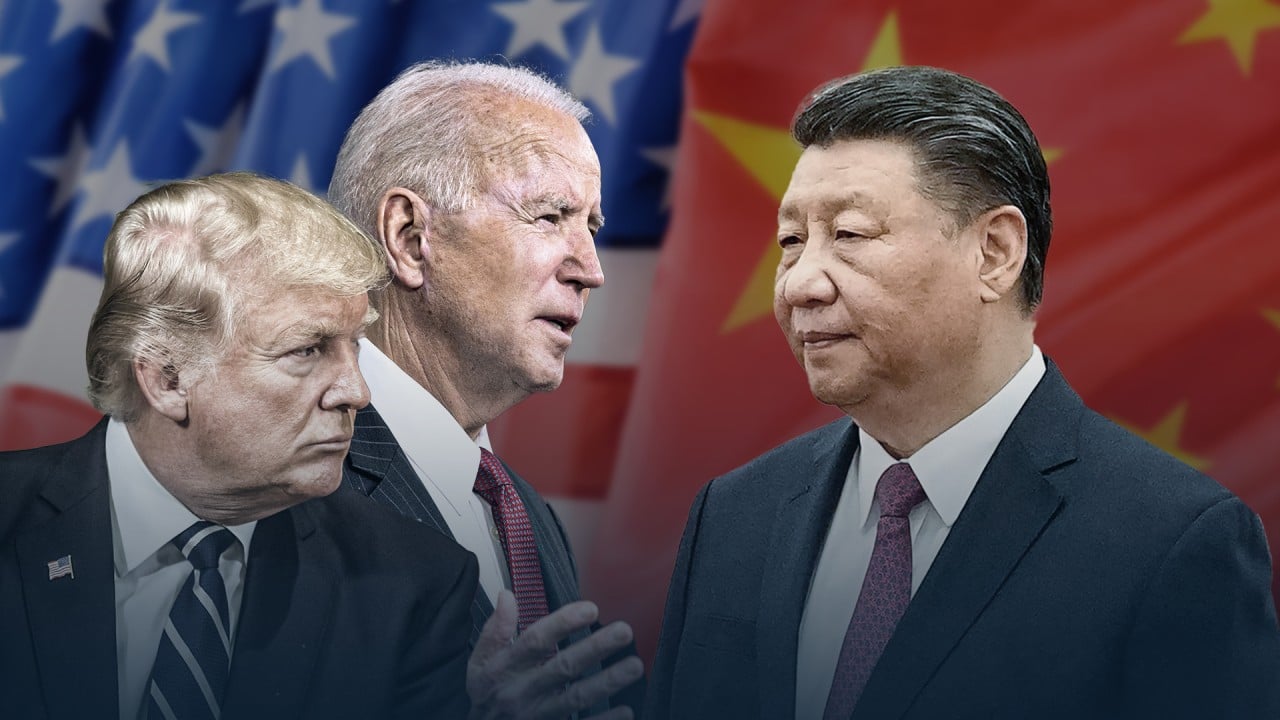
02 Apr China needs new strategy to counter US moves on global trade, analysts say
Washington’s efforts to divert international supply chains from China are already making enough of an impact to drive recommendations for a new game plan from analysts and manufacturers, in their view an essential step to counter a fragmentation of trade that is already under way – and likely to worsen in the coming years.
“The US strategy, despite the interruption of the coronavirus pandemic, is generating results,” wrote Liu Yuanchun, a prominent government adviser, in an article for Beijing Daily published last month.
“We must have deep analysis of the geopolitical situation and economic strategies.”
China may have to go through some intensive adjustment with these countries
Liu, head of the Shanghai University of Finance and Economics, said subsidies provided through laws like the United States’ Infrastructure Investment and Jobs Act, Inflation Reduction Act and Chips and Science Act will continue impacting exports from China to the US and European Union.
“China’s competition with Japan, South Korea and Germany is already [heated], especially in the areas of new energy, vehicles and shipbuilding,” he warned.
“Therefore, China may have to go through some intensive adjustment with these countries that recorded trade deficits with us.”
Liu also called for more endeavours to tap opportunities in emerging markets, building on a trend that has already begun.
Chinese exporters have stepped up their operations in Mexico and Southeast Asia, both to explore alternative customer bases and as a back door into the US market. Last year, trade value between China and Mexico rose 6 per cent from the year before to reach US$100.2 billion.
Liu’s warning came as US politicians have ramped up their rhetoric around China in the run-up to November’s presidential election, with restrictions to match.
In particular, Washington has maintained its campaign to limit China’s access to advanced technologies, with stricter rules over the trade of semiconductors taking effect on Thursday.
China’s investment in Mexico is up – but is dodging US tariffs the whole story?
China’s investment in Mexico is up – but is dodging US tariffs the whole story?
However, some have expressed doubt much substantial progress can be made on economic matters, given the scope of the two countries’ differences.
Norman Cheng, founder of Strategic Sports – one of the world’s largest helmet makers with factories in China, Southeast Asia and Europe – said that the global economy is in a period of transition that is affecting every aspect of his business.
“The future will be a ‘fragmented’ world, where each market has its unique approach, and suppliers must find different ways for each factory [to adapt], even though it means higher costs,” he said.
Due to a decrease in overseas orders, plants in China must consider what they can do in the future
Cheng added he expects his new factories in Vietnam and Portugal will be mature and profitable within five or 10 years.
“Due to a decrease in overseas orders, plants in China must consider what they can do in the future, to develop the Asian and European markets or provide products specifically for the Chinese market,” he said.
A senior executive at a manufacturing plant with operations in China and other neighbouring countries also noted the changing nature of her factories as supply chains shift.
“Plants in India are benefiting from the [government’s] ‘Make in India’ initiatives, and multinational brands are bullish on the rise of the Indian market,” she said, declining to provide her full name or that of her company due to the sensitive nature of the issue.
“Vietnamese plants have gradually matured in producing mid- to low-end products; many high-end productions are [retained] in China due to the complex processes [involved].”
A report issued by Allianz Trade in March pointed out that a move to stronger protectionism by the United States “would entail losses for economies that are dragged into a trade war”, particularly those which rely on globalised supply chains.
Such an escalation would hit the textile, computers and electronics industries in China hardest, the report stated, while the US will see the worst consequences in its transport equipment sector.
Brian Wong, a fellow at University of Hong Kong’s Center on Contemporary China and the World, echoed the grim prognosis, saying a “new trade war” would probably be “substantially more impactful and disruptive” than what was seen during the tenure of Biden’s predecessor, Donald Trump.

